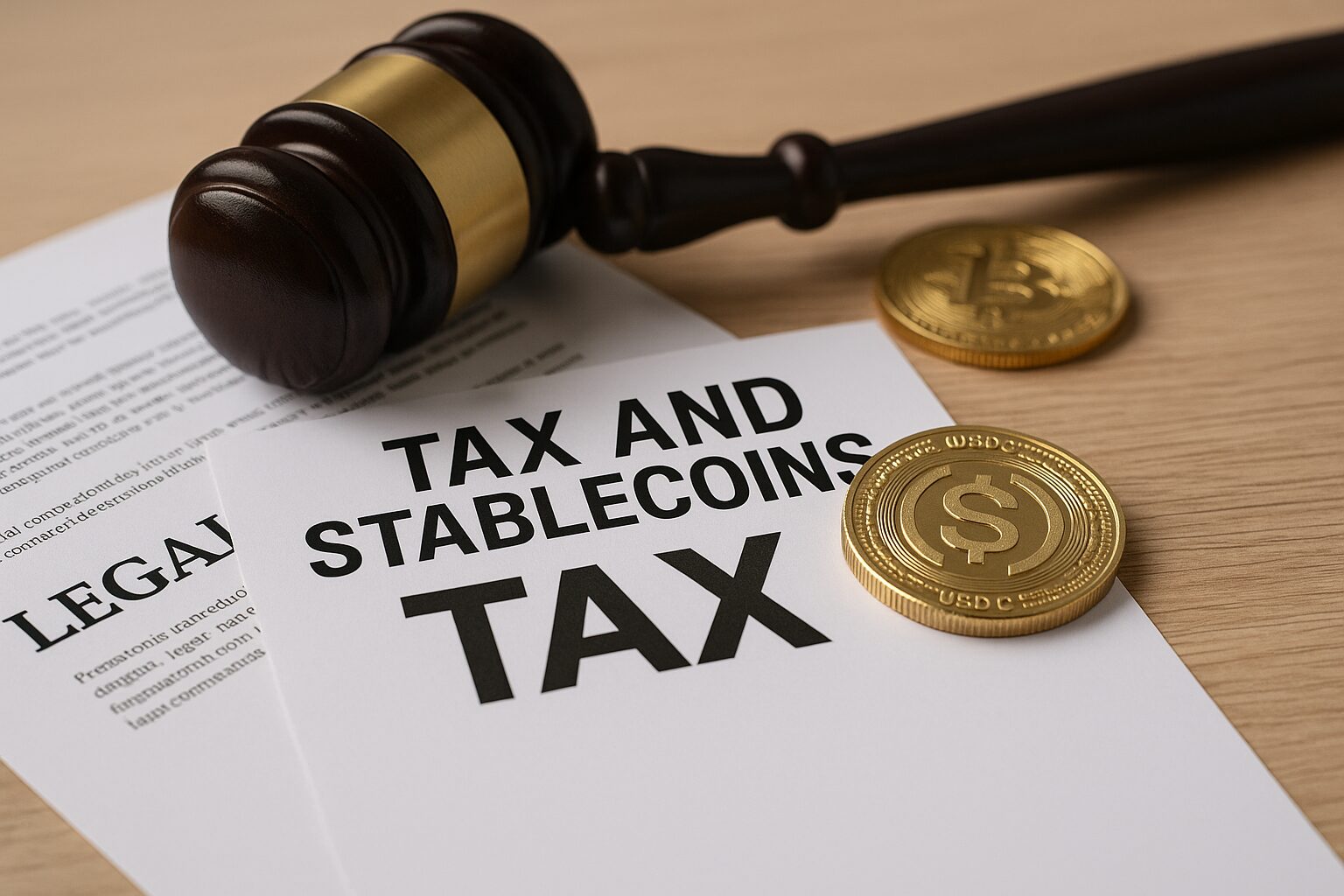Note: 이 글은 일반적인 정보 제공을 목적으로 하며, 법적 또는 세무 자문이 아닙니다. 실제 상황에 따라 전문가와 상담하시기 바랍니다.
Why Legal Clarity Matters in Stablecoin Income
Stablecoins are no longer just a tool for crypto trading — they have become a global financial instrument for earning, storing value, and making cross-border transactions.
But once earnings begin to flow, so do legal obligations. Whether you’re generating yield through DeFi, holding tokens on centralized platforms, or using stablecoins for business transactions, one question looms large:
“Am I legally safe?”
This guide walks you through how to avoid tax audits, penalties, or even account freezes by proactively managing your stablecoin activities from a legal and tax-compliance perspective.
1. Understand the Legal Identity of Your Stablecoins
Not all stablecoins are viewed the same in the eyes of the law. Here are the major categories:
- Fiat-backed (e.g., USDT, USDC): Often treated like digital cash equivalents
- Crypto-backed (e.g., DAI): Sometimes seen as securities or hybrid assets
- Algorithmic (e.g., old TerraUSD): Highly scrutinized or banned in some jurisdictions
Tip: Always check how your jurisdiction classifies each type. Misclassification can lead to unexpected tax treatment or legal exposure.
2. Track Every Transaction — Yes, Even the Small Ones
One of the most common tax pitfalls is failing to track minor stablecoin transactions. But tax agencies increasingly demand complete transparency.
- Did you swap USDC for DAI? That’s a taxable event in many countries.
- Did you earn yield from USDT staking? It could be taxed as interest income.
- Did you transfer funds to a friend? It may be interpreted as a gift or income.
Use automated tracking tools like:
- CoinTracking
- Koinly
- Accointing
- Blockpit
These tools help prepare detailed CSV reports that align with what tax authorities expect — saving you from audits or fines.
3. KYC and Legal Exposure — The Hidden Risk of Convenience
Using non-KYC DeFi platforms may seem liberating, but when you eventually cash out into fiat or move funds to a centralized exchange, your entire transaction history can be traced.
Most centralized exchanges comply with FATF Travel Rule, which requires:
- Real identity confirmation
- Source of funds documentation
- Suspicious activity reporting
Best practice: Maintain a consistent transaction narrative. Don’t mix clean KYC funds with DeFi earnings unless you can justify it.
4. Use Jurisdictional Arbitrage — Legally
Some countries offer more favorable crypto tax treatment or even zero tax on crypto gains. Examples include:
- Portugal
- UAE
- Singapore (for individuals)
- El Salvador
- Georgia
However, this only works if you become a legal tax resident. You cannot simply route your funds through an exchange located there.
Strategy:
- Research and compare residency rules
- Consider digital nomad visas or crypto-friendly legal entities
- Ensure you are not considered a tax resident in your home country by mistake (e.g., “183-day rule” or “center of life” criteria)
5. Use Legal Structures to Your Advantage
If you’re earning substantial amounts (>$10K+ annually), it may be worth forming:
- A limited liability company (LLC) for operational clarity
- An offshore company in a crypto-friendly jurisdiction
- A personal trust for wealth protection
These can:
- Reduce tax exposure
- Protect against lawsuits or government seizure
- Improve banking relationships
Caution: Structures must be legally registered and reported. Use professional help to avoid shell-company status or blacklisting.
6. Watch Out for Reporting Obligations
In many countries, crypto holders must declare their digital assets annually — even if there’s no realized gain.
Examples:
- U.S.: Form 8938 and FBAR for foreign holdings
- South Korea: Mandatory reporting for crypto over 5 million KRW
- EU: DAC8 directive under development
Strategy:
- Keep a clean record from the start
- File proactively, even if the value is low
- Don’t rely on “they’ll never find out”
Regulators are increasingly using blockchain analytics firms like Chainalysis and Elliptic to trace wallets across chains.
7. Don’t Rely on VPNs or Pseudonyms Alone
Many users believe that using VPNs or fake identities on DeFi platforms will shield them from tax or legal action. This is dangerously false.
- Blockchain transactions are permanently visible.
- Once connected to a KYC address or IP, the chain of identity can be built retroactively.
- Some VPN providers even keep logs and may cooperate with law enforcement.
Better approach: Stay compliant — not hidden. Use privacy tools legally, not as a method of deception.
Conclusion: The New Standard is “Proactive Legality”
Stablecoins offer incredible freedom, but that freedom is conditional on compliance awareness.
You don’t need to be paranoid — just prepared and intentional.
Start now:
- Track everything
- Know your jurisdiction
- Use tools and structures legally
- Avoid mixing clean and unclean funds
- Always think: “Could I explain this to a regulator tomorrow?”
That mindset is your real shield in the global stablecoin economy.
